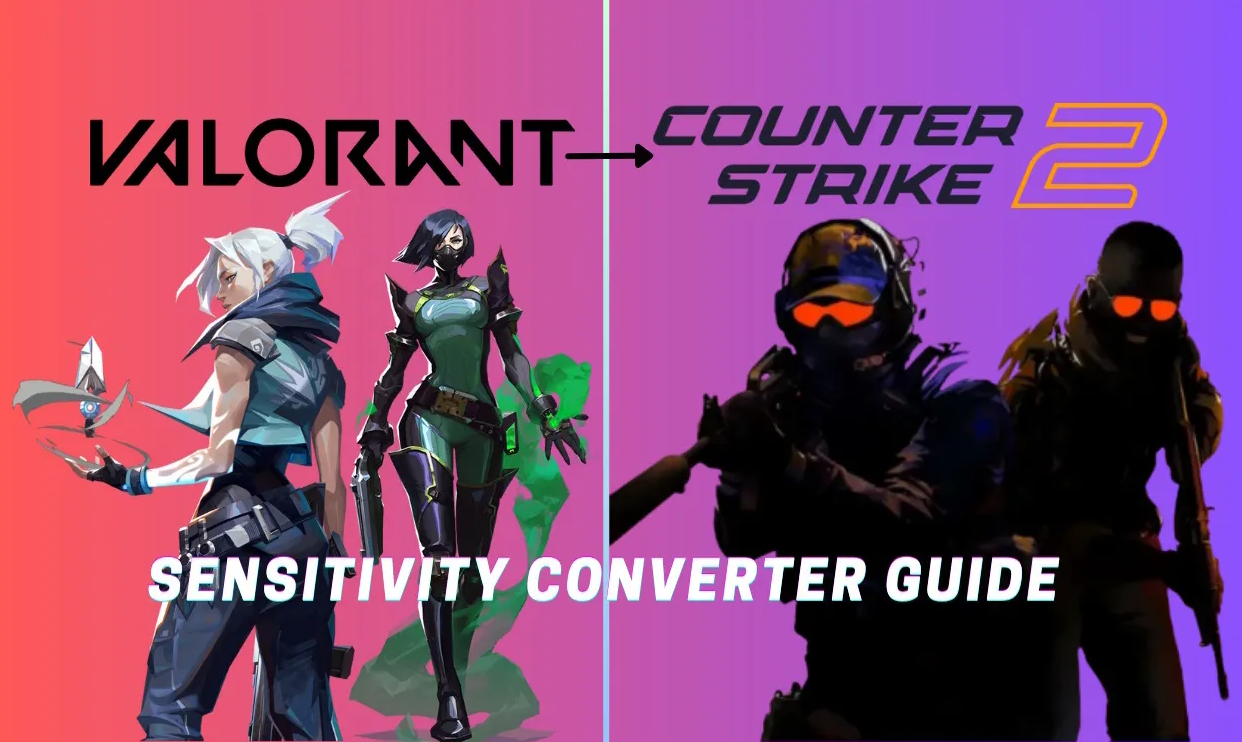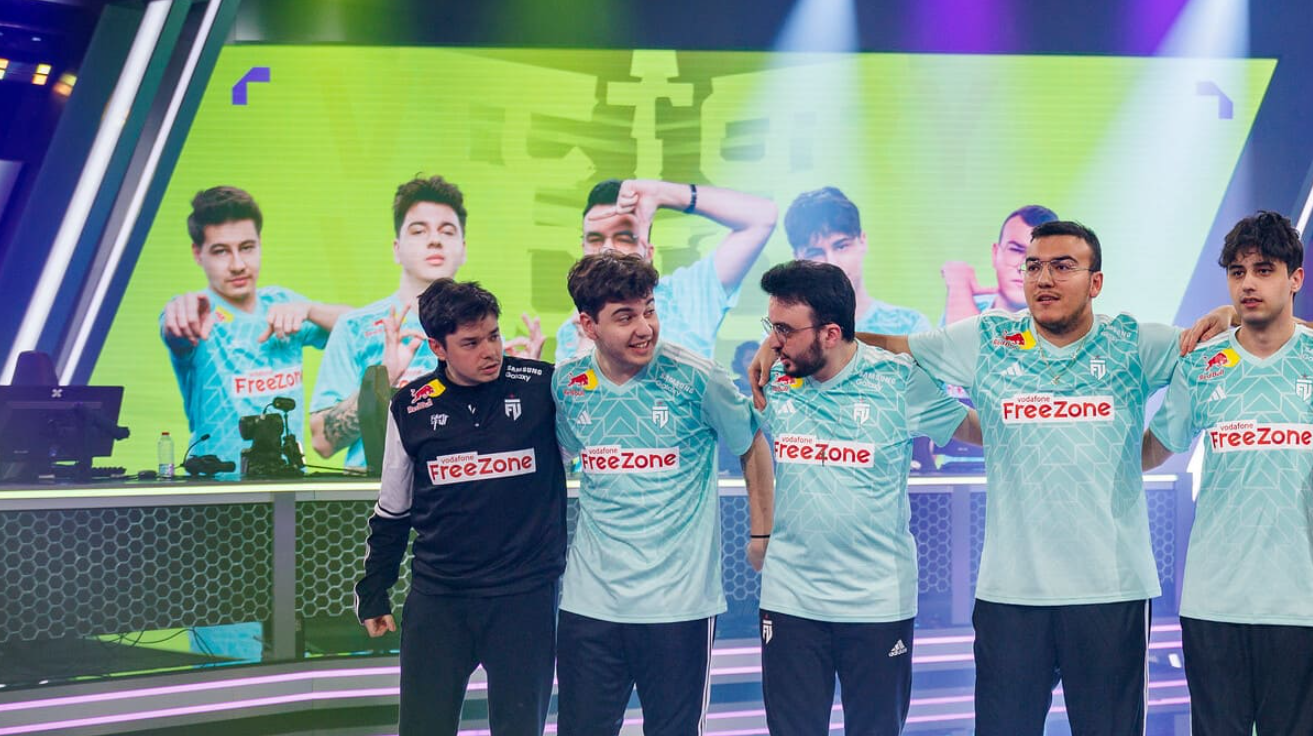Calculating Your Valorant Ranked MMR: Insights from Riot’s Senior Developer

Valorant’s competitive matchmaking can be incredibly frustrating for players. While Riot Games has previously addressed the issue of feeling “hard stuck” in one’s rank, many questions still remain about the intricacies of the ranked MMR system. Are there separate queues for smurf accounts? Does the choice of agent affect the amount of Rank Rating (RR) gained or lost? And why do players sometimes receive less RR than their friends in the same game?
Thankfully, Jonathan “EvrMoar” Walker, Valorant’s Senior Competitive Designer, has stepped up to provide answers to these pressing inquiries. In thorough posts on platforms like Reddit and Twitter, EvrMoar has shed light on how Valorant calculates ranked MMR and the ongoing efforts by Riot to refine the system and improve the accuracy of matchmaking.
Table of Contents
Can you explain the distinction between your MMR and your rank rating?
Valorant employs two key elements, namely a hidden Matchmaking Rating (MMR) and a visible Rank Rating (RR), to determine appropriate game placements. It’s important to note that the rank you see in the game is separate from your MMR. While your rank resets at the start of each new Episode, your MMR remains unchanged, allowing Riot to approximate your skill level for placement in each Episode.
Riot’s objective is to ensure that your rank aligns with your MMR. If your rank is higher than your MMR, you may experience greater RR losses and reduced RR gains, as the system aims to bring your rank closer to your actual skill level. Conversely, if your rank is lower than your MMR, you will earn more RR for victories and lose less RR for losses, facilitating your progression towards a rank that accurately reflects your abilities.
Factors Influencing Your Ranked MMR in Valorant
Your Valorant MMR is comprised of two distinct elements: Encounter MMR and Win/Loss MMR. Encounter MMR evaluates your performance against opponents, taking into account factors like successful duels, damage inflicted, assists, and the effectiveness of your ability usage. It also considers the relative ranks of both you and your adversaries to determine the impact on your MMR.
Win/Loss MMR, on the other hand, focuses on the outcome of matches. It simply assesses the victories and defeats you achieve. By utilizing both Encounter and Win/Loss MMR, the system gains insight into your performance against similarly skilled opponents and evaluates your overall success rate.
At lower ranks, Encounter MMR carries greater weight, placing more emphasis on individual performance. However, at higher ranks, winning matches becomes the primary factor rather than winning individual duels. This shift occurs because factors such as reaction time and aim tend to balance out and have less influence at advanced skill levels.
Importantly, according to EvrMoar, the agent you select does not impact your MMR. Therefore, playing as a duelist, for instance, does not provide an advantage in terms of gaining more MMR solely based on the potential for securing additional kills. Similarly, your Average Combat Score (ACS) at the end of a match does not directly affect your rank or MMR. It serves as a statistic used to provide contextual information about the match, as clarified by EvrMoar.
Ensuring Rank Accuracy: Riot’s Approach to Reflecting True Skill
But how does Valorant verify the accuracy of your MMR? According to EvrMoar, the system continuously aims to match players in games where they have an equal chance of winning, around 50 percent. However, if data analysis reveals that players are consistently experiencing more losses than wins, it indicates potential rating inaccuracies.
In such cases, the system performs a reverse calculation to identify the reasons behind the inaccurate MMR. Adjustments are then made, and the matches are reevaluated using the updated MMR. If the revised MMR consistently predicts match outcomes accurately, it signifies an improvement in the system’s precision.
EvrMoar also emphasizes that there are no concealed mechanisms in the game such as alleged winners and losers queues or dedicated smurf queues. When investigating instances where a player finds it easier to climb the ranks on specific accounts, EvrMoar attributes it to variables like playing with different groups of people or employing distinct playstyles across accounts.





